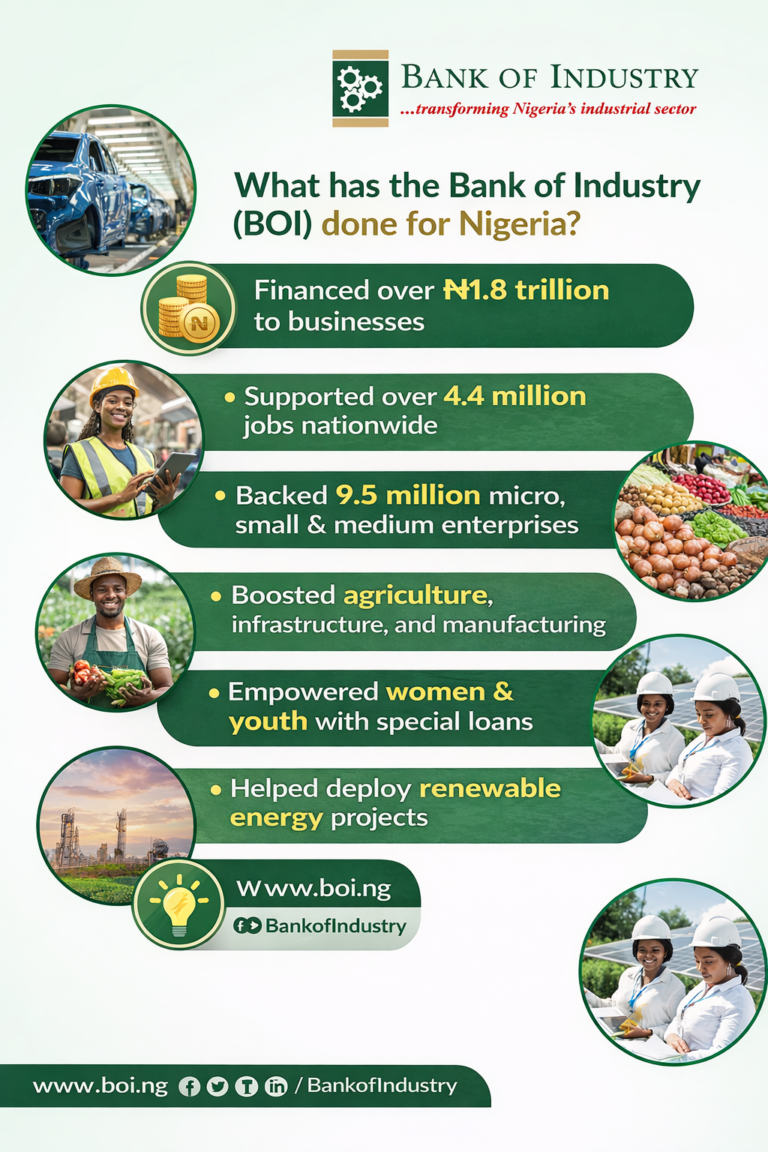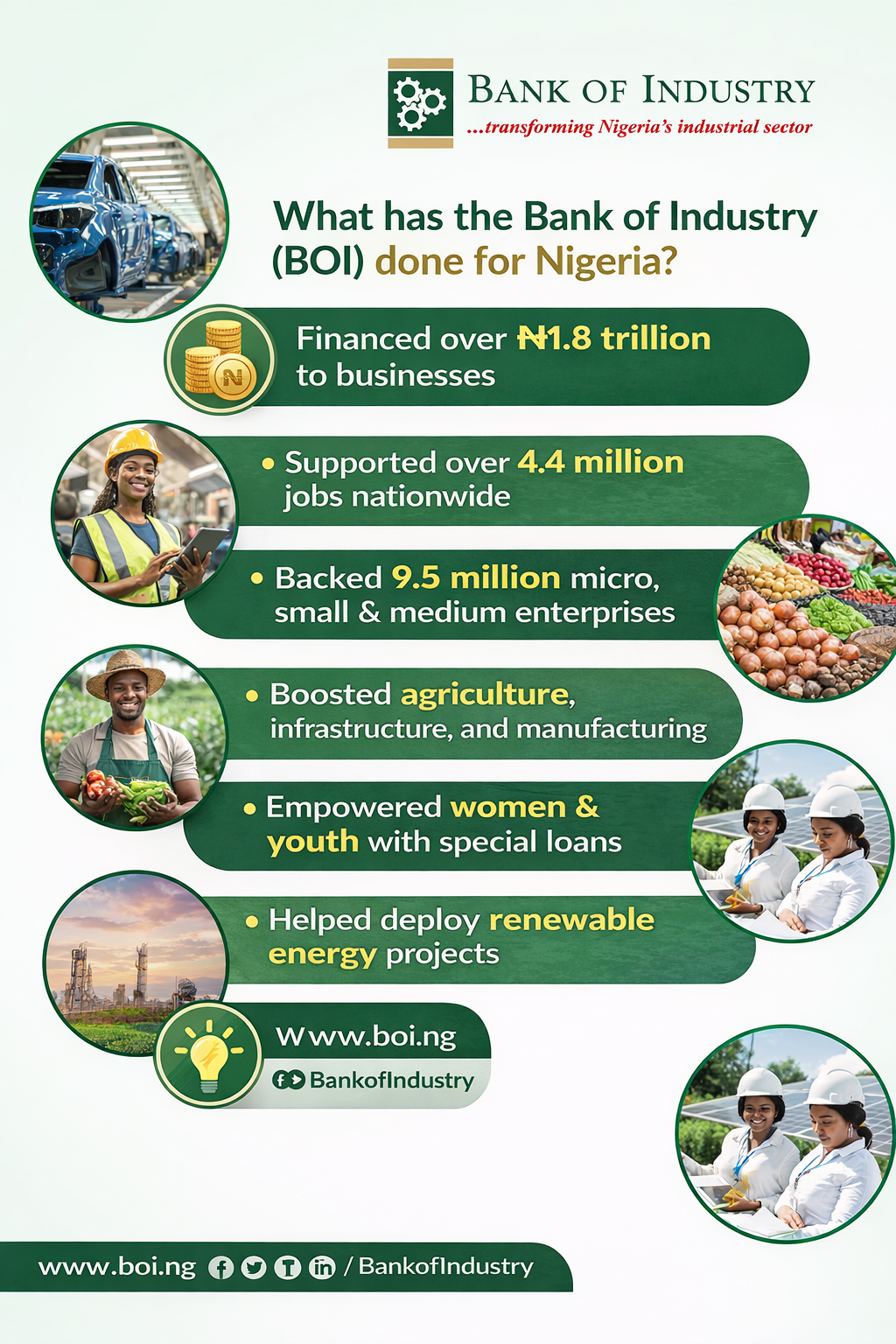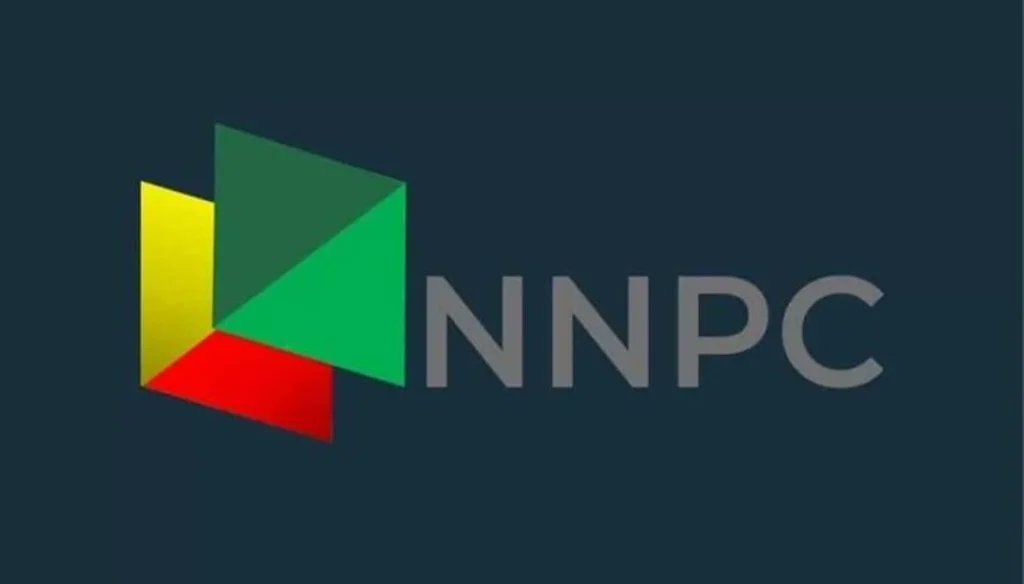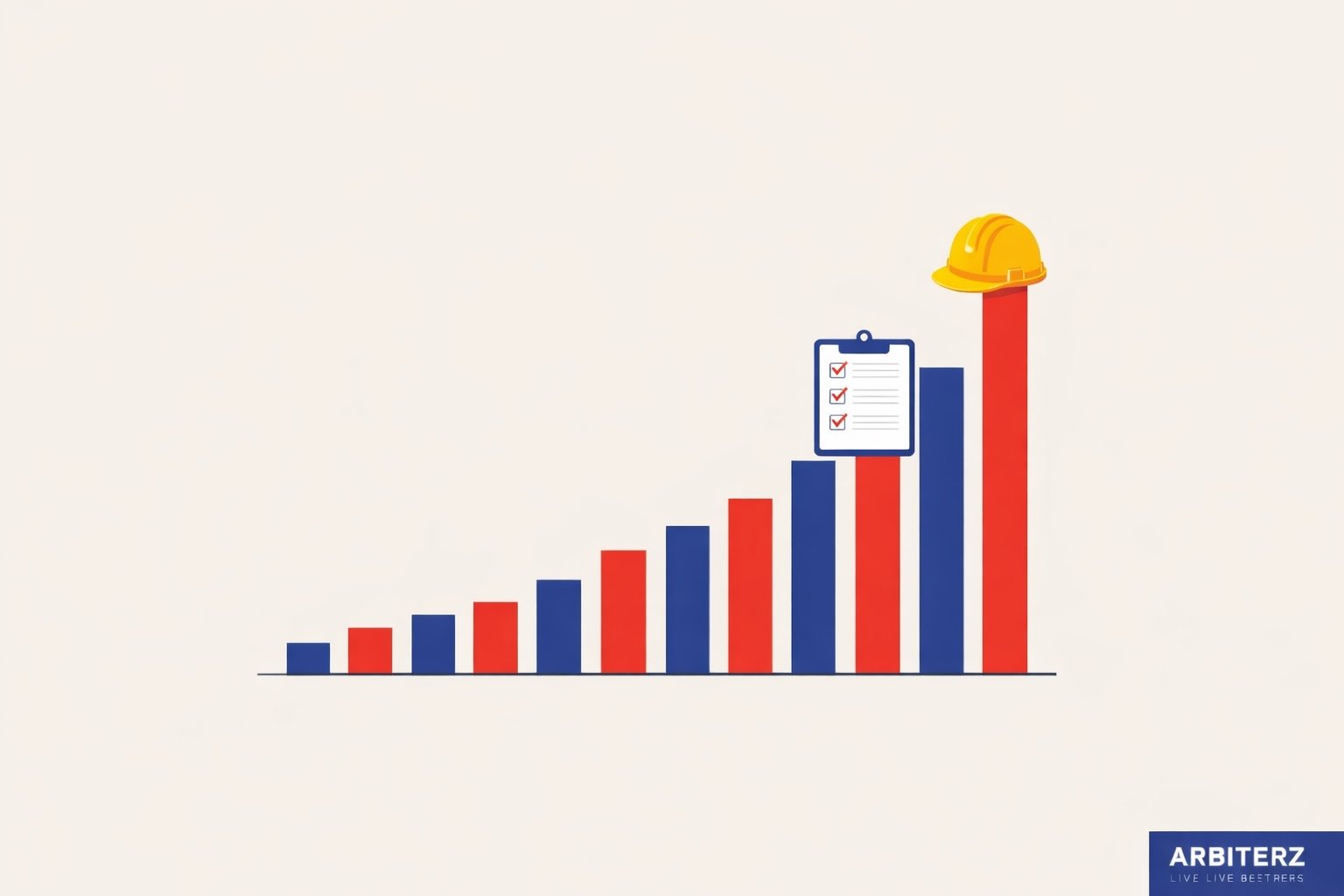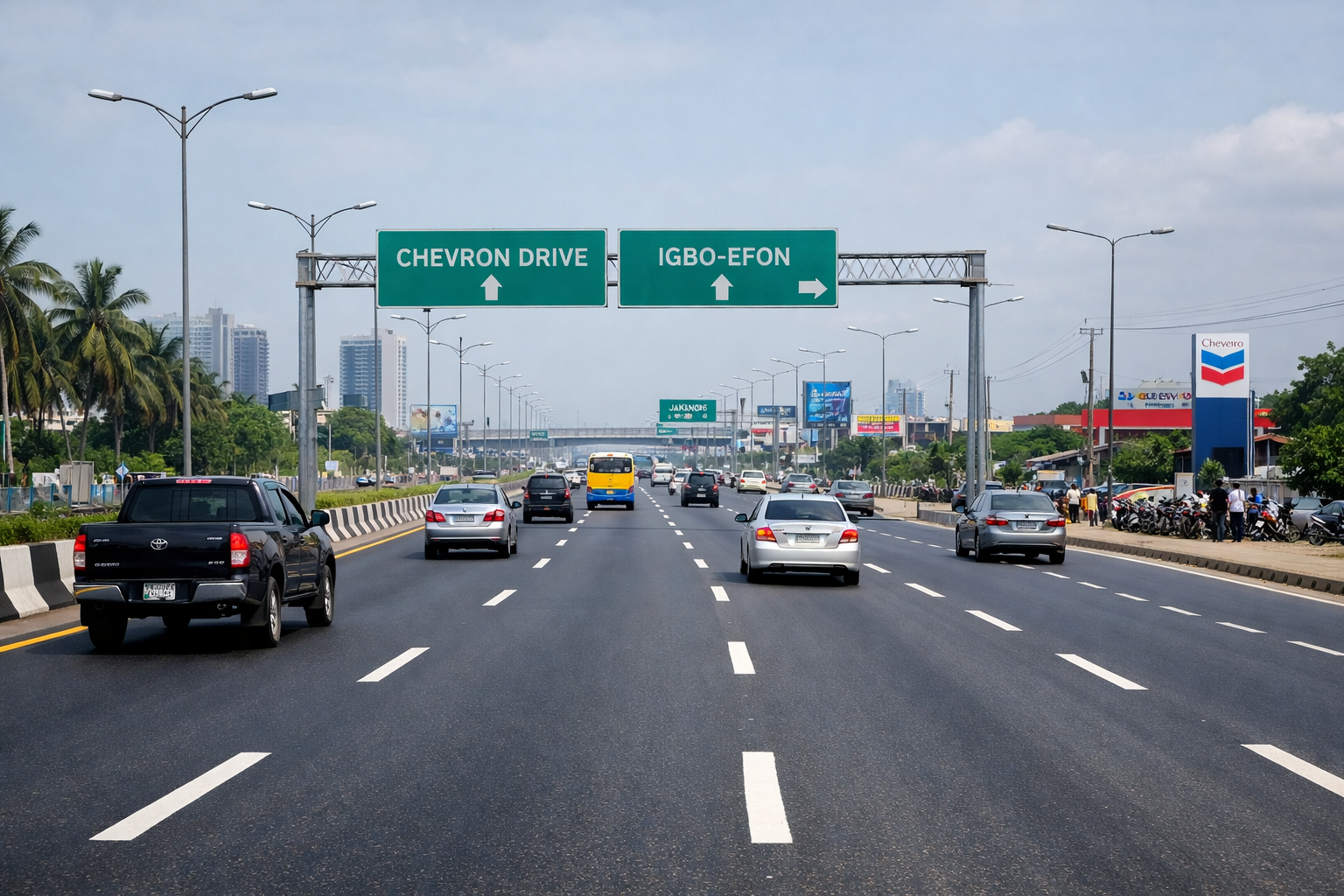At least 20 state governments across Nigeria collectively borrowed about N458bn in the first half of 2025, underscoring the deepening debt challenges facing subnational administrations despite rising federal allocations.
Data reviewed from states’ Q2 budget implementation reports showed that fresh borrowings, both foreign and domestic, were used to plug fiscal gaps, even as allocations from the Federation Account Allocation Committee (FAAC) surged significantly year-on-year.
Rising Debt Servicing Costs
The states collectively spent N235.58bn on servicing external debt between January and June 2025. This figure represents a sharp rise of 68.4 per cent compared to the N139.92bn recorded in the same period of 2024. Experts attribute the increase to the mounting pressure of dollar-denominated debt repayments aggravated by the naira’s depreciation.
A professor of economics at Ekiti State University, Taiwo Owoeye, explained that external debts carry long-term risks for state finances.
“Since most of the debts are dollar-denominated, every depreciation of the local currency automatically inflates repayment obligations, forcing states to channel a larger share of their revenues into debt servicing at the expense of development projects,” he said.
FAAC Allocations Surge
According to National Bureau of Statistics data, the three tiers of government shared N10.13 trillion in the first half of 2025. Out of this, the states received N3.425 trillion, representing a 42.96 per cent increase compared to N2.396 trillion in H1 2024.
Monthly allocations to states rose steadily in 2025: N590.6bn in January, N562.19bn in February, N530.45bn in March, N556.74bn in April, N577.84bn in May, and N607bn in June. By comparison, the same months in 2024 ranged between N366.9bn and N461.97bn.
States Leading in Borrowing
Despite these higher inflows, about 20 states still turned to loans.
- Oyo State led domestic borrowing with N93.4bn.
- Kaduna and Lagos followed, taking N62bn (foreign) and N50bn (domestic) loans, respectively.
- Other states with significant foreign loans include Zamfara (N28bn), Katsina (N20.7bn), Gombe (N20.3bn), Jigawa (N10.98bn), and Kebbi (N7.4bn).
- Bauchi accessed both domestic and foreign loans totalling N26.3bn.
- Additional foreign borrowings came from Borno (N18.2bn), Taraba (N18.7bn), Sokoto (N15bn), Niger (N25.8bn), Kwara (N2.18bn), Ekiti (N19.8bn), Ondo (N5.6bn), Abia (N7bn), Ebonyi (N10.9bn), and Enugu (N10.7bn).
Mounting Fiscal Risks
Analysts warn that this pattern of borrowing exposes states to greater fiscal fragility. Beyond the spiralling costs of repayment, experts caution that sustained foreign borrowing may erode financial autonomy.
“By taking on more foreign obligations, many states risk mortgaging future federal allocations to meet repayment schedules, leaving them with little room to respond to emergencies or fund critical sectors such as health, education, and infrastructure,” Owoeye added.
As the debt burden rises, observers say state governments face a tough balancing act between securing funds for immediate needs and safeguarding long-term fiscal sustainability.














